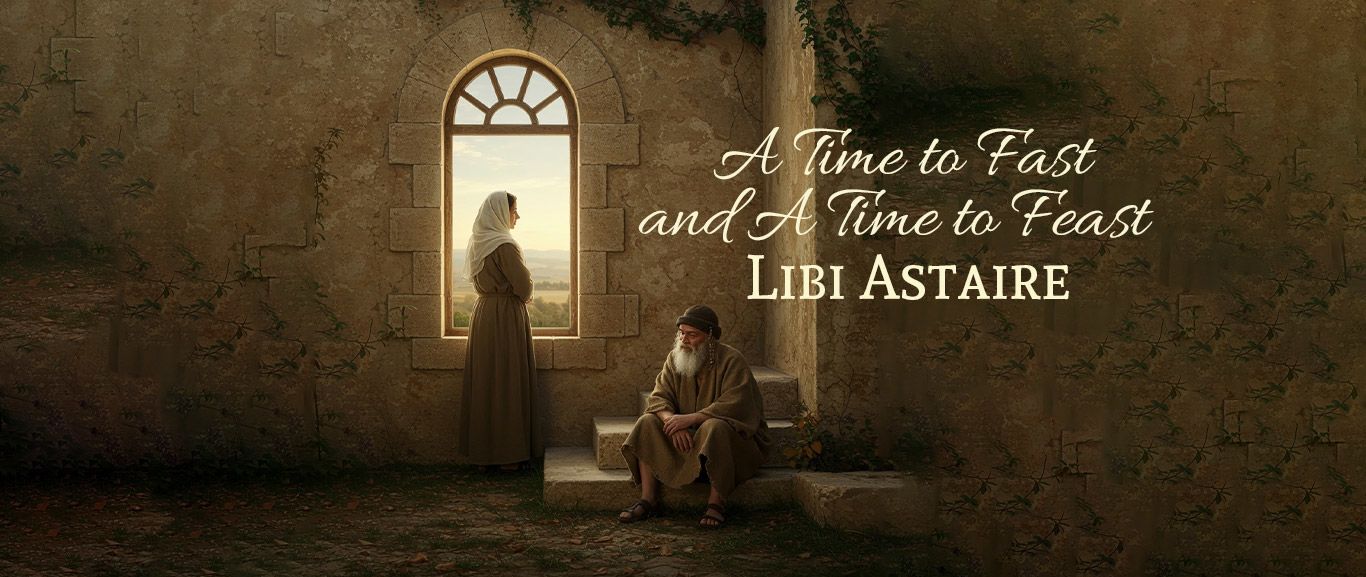
A Time to Fast and A Time to Feast
The Queen of the Holland ordered the Jews to immediately engage in lamentation and fasting in order to prevent the harsh decree. But it was Purim, and the King of Kings commanded the Jews to celebrate and rejoice. What should they do, celebrate or fast?

The chief advisor to the Queen of Holland stared out the window, his thoughts as gloomy as the rain-drenched panorama that greeted his eye. It had been raining nonstop for more than a week and from every part of the country the disturbing news was now rolling in. The torrential downpours, which were rapidly turning peaceful streams into raging tidal waves, threatened to tear apart the country’s intricate system of dikes. If the dikes gave way, the entire country would be flooded. The destruction to life and property would be massive.
On his desk lay the order from his Queen: Send a messenger to the home of Rabbi Elazar Rokeach, leader of the Jews of Amsterdam, and tell the Rabbi to instruct the Jewish community to pray for the welfare of the country.
The advisor could not understand the Queen’s affection for the old Rabbi, and why she took the Jew into her confidence. But an order was an order, and so the advisor did as he was told.
Through the pouring rain, which had turned the cobblestone streets into small rivers, the messengers urged their horses onward. When they at last arrived at Rabbi Rokeach’s home, one of them pounded impatiently at the heavy wooden door. The messengers were shown inside and as they made their way to the main room, their soaking wet cloaks left puddles of water behind them.
The room they were shown to was brightly lit with dozens of candles, and a crackling fire in the hearth added to the cheer. Reb Elazar was seated at the head of the large table, surrounded by a large crowd of his followers, who all appeared to be in a jovial mood. The drenched messengers also noted that the table was laden with all sorts of delicious foods and, more surprisingly, with all sorts of wines and liquors.
Despite his surprise at seeing the Jews feasting and drinking at such an hour – for it was still only the afternoon – the head messenger did not say a word. He merely handed over the order from the Queen.
Reb Elazar read the contents of the letter at once. “I will do what I can,” he told the messengers, and with that reply they turned and left the room.
After the messengers had gone, Reb Elazar read the letter once more. The situation was delicate. On the one hand, the Queen of Holland had specifically ordered that the Jews should do their best to avert the harsh decree and immediately engage in lamenting and fasting. But, on the other hand, today was Purim, and on Purim the King of Kings had commanded them to feast and be merry in honor of the great salvation the Jews had witnessed in the days of Esther and Mordechai. What should he do, feast or fast?
It did not take long for Reb Elazar to reach his decision. He tucked the Queen’s letter into his coat pocket, and then called out to one of his students.
“A song, Dovid,” the Rabbi said, as he raised up his cup to be filled. “It’s your turn to lead us in a song.”
The student happily replied, and within minutes the messengers had been forgotten. Glasses were filled, and then filled once more. Song followed upon song, and even the chandelier seemed to shake with laughter.
Whenever there was a lull in the merriment, Reb Elazar would order this one to tell a funny story and that one to open another bottle. An hour passed, and then another. The tipsy group was growing tired, but just when they thought the festive meal was coming to an end the command was roared out once more.
“Sing!” Reb Elazar thundered in a voice so loud that even his closest students began to wonder. ‘It’s Purim! Fill your glasses. It’s a mitzvah to be happy today!”
And so even though no one had the stomach to drink any more, or the energy to sing another round of songs, an order was an order. Rabbi Rokeach’s followers dutifully raised up their glasses to be filled, and they enthusiastically wished one another “L’chaim.”
When the afternoon had already turned to dusk, a second knock was heard at the door. The messengers once more entered the room, and this time they were even more surprised at the sight that greeted their eyes than before. The Jews had obviously been drinking all day, in complete disregard of the Queen’s orders.
“Her Majesty wishes to inform you,” the messenger said with obvious signs of disdain in his voice, “that the tragedy has been averted. The rains have stopped, and she thanks you for your ‘efforts’ on your country’s behalf.”
With that the messenger turned on his heel and quickly left the room.
Reb Elazar quickly ordered the group to say the Blessings After the Meal, and then to pray the Evening Service – for he knew what was sure to follow. And, indeed, within the hour there was yet another message from the Queen.
The Rabbi’s hand trembled slightly as he read this second letter. He was ordered to appear at the palace at once and explain his traitorous behavior. As he rode down the empty streets in the carriage that had been provided for him, he offered a silent prayer to his Maker.
“Please don’t let the Jewish community suffer on my account,” he prayed. “If the Queen is displeased with the way I have acted, please let me be the one who is punished.”
When the carriage arrived at the palace, Rabbi Rokeach was shown into the Queen at once.
“How dare you disobey my orders,” the Queen said, “and feast and make merry when the entire country was in danger. What on earth made you do it?”
“It is true, Your Majesty, that you are my queen on this earth,” Rabbi Rokeach began, “and when you asked for my help, I wanted to fulfill your request with all my heart. But I also have a King in Heaven – and this King commanded me to feast and rejoice because today is a holiday for the Jews.
“I hope you will understand,” the Rabbi continued, “that I could not obey your command to fast, because that would have meant disobeying God’s command to drink and be merry. And if I were to disobey God’s command, God forbid, how could I possibly ask Him for help?
“I therefore decided,” Rabbi Rokeach said in conclusion, “to celebrate our holiday of Purim even more enthusiastically than usual. It was my hope that if I fulfilled God’s wishes to the best of my ability, He would, in turn, fulfill ours. And I believe, if I am not mistaken, that this is what has happened.”
“Go home in peace,” the Queen said with a smile, “and may God grant you many more years to serve Him – and me.”
Rabbi Rokeach was escorted back to his home in a fine carriage and with all signs of honor. When he was once more safely inside his home, he offered up a prayer of thanks. For once more a Jewish community had been saved, and a miracle had been performed on Purim.
***
Libi Astaire is the author of Choose Light! Chassidic Tales for Chanukah, Rosh Hashanah, Sukkos, Passover & Shavuos; Breakfast with Rav Zusha and Other Stories to Wake Up Your Soul; and the award-winning Jewish Regency Mystery Series. Visit her website for more information about these and other books.


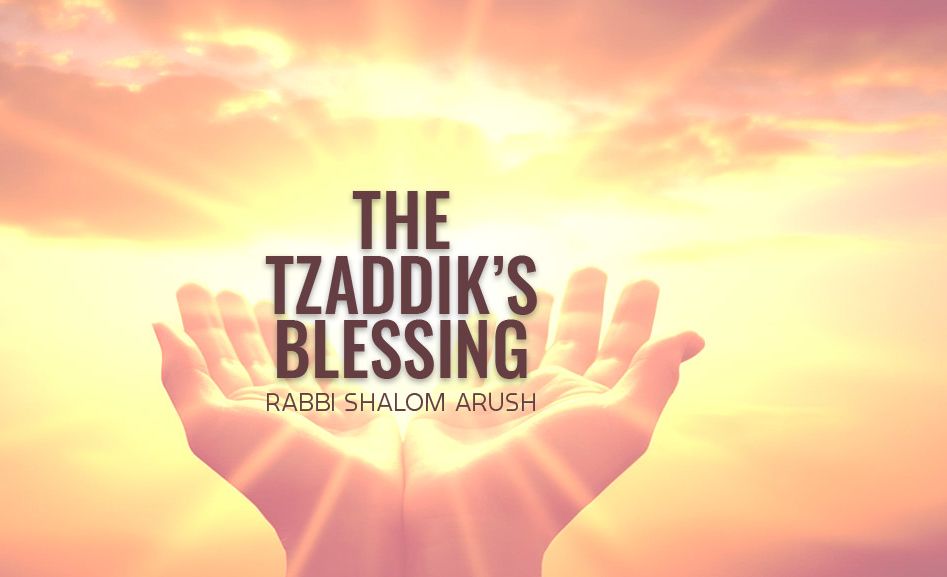

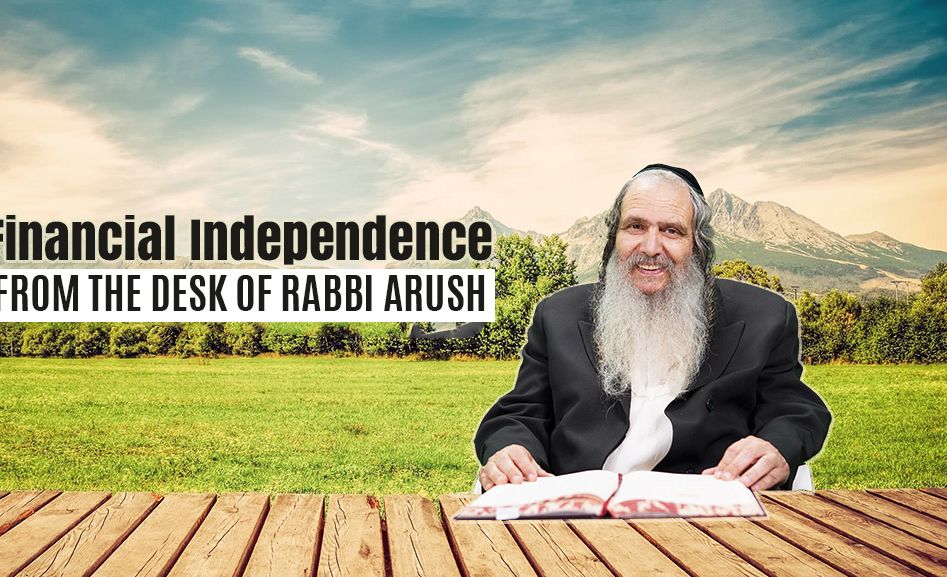
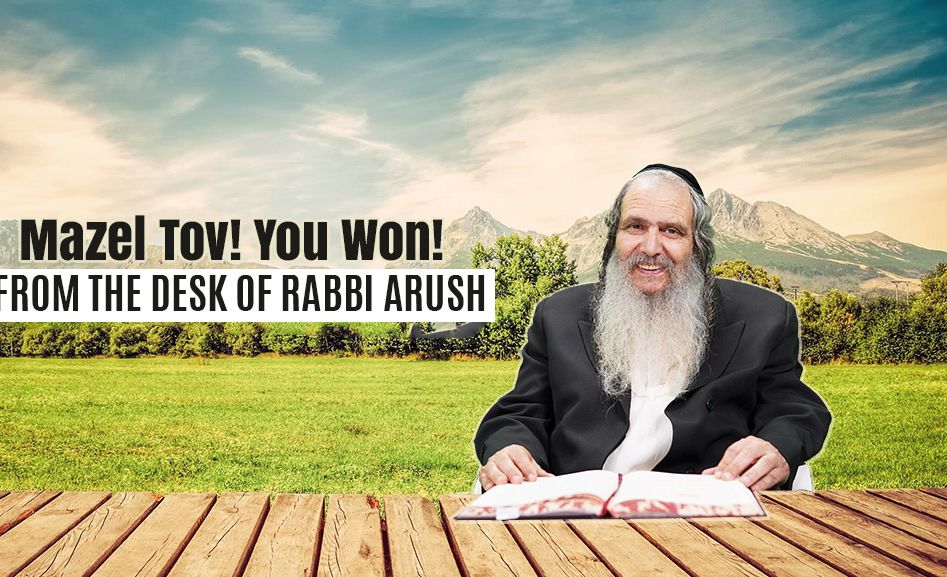
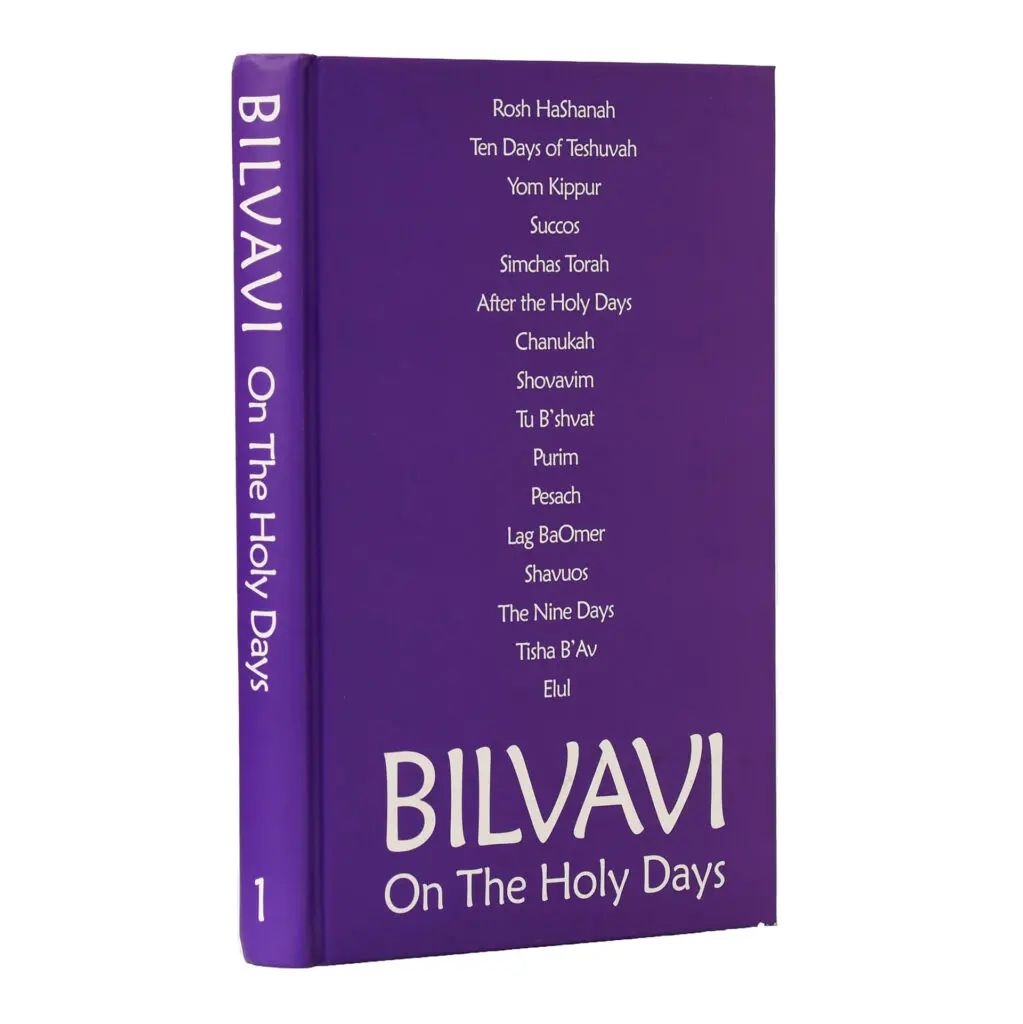
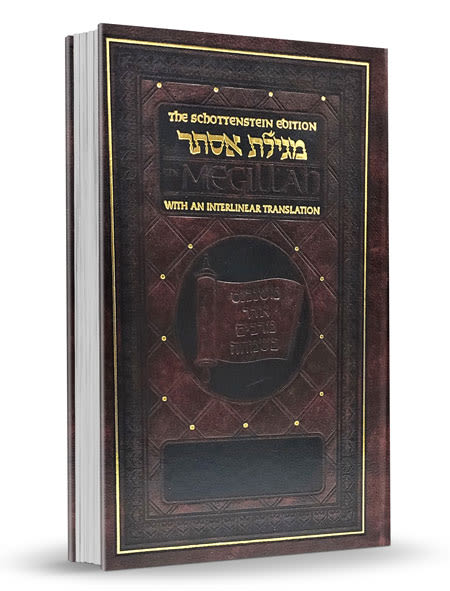
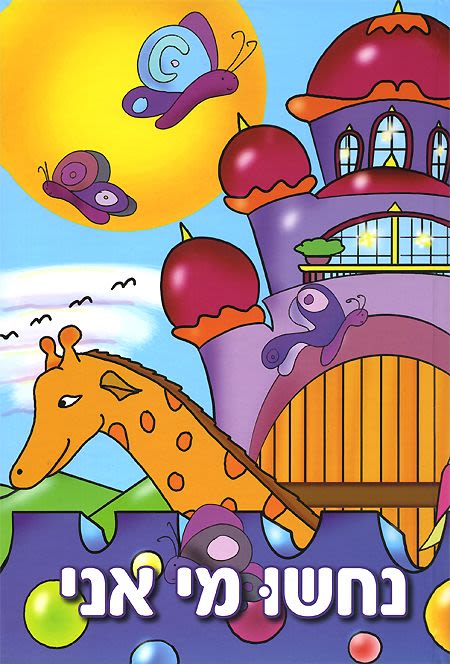

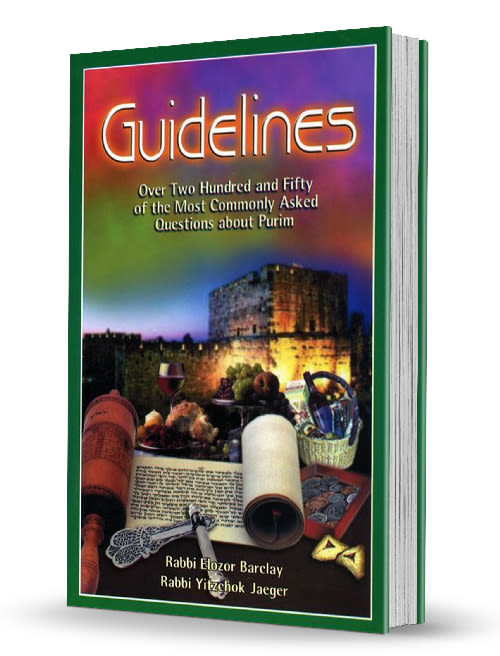
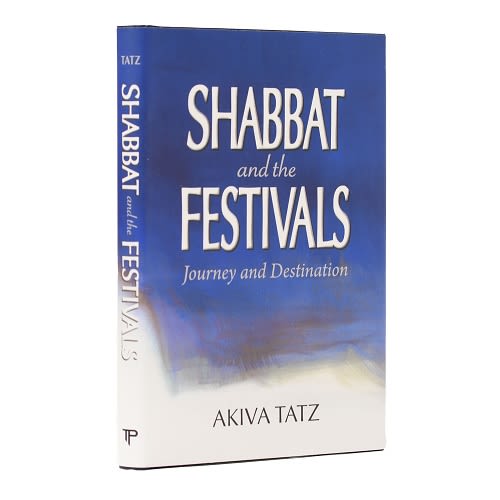
Tell us what you think!
Thank you for your comment!
It will be published after approval by the Editor.